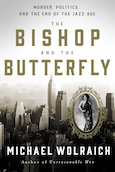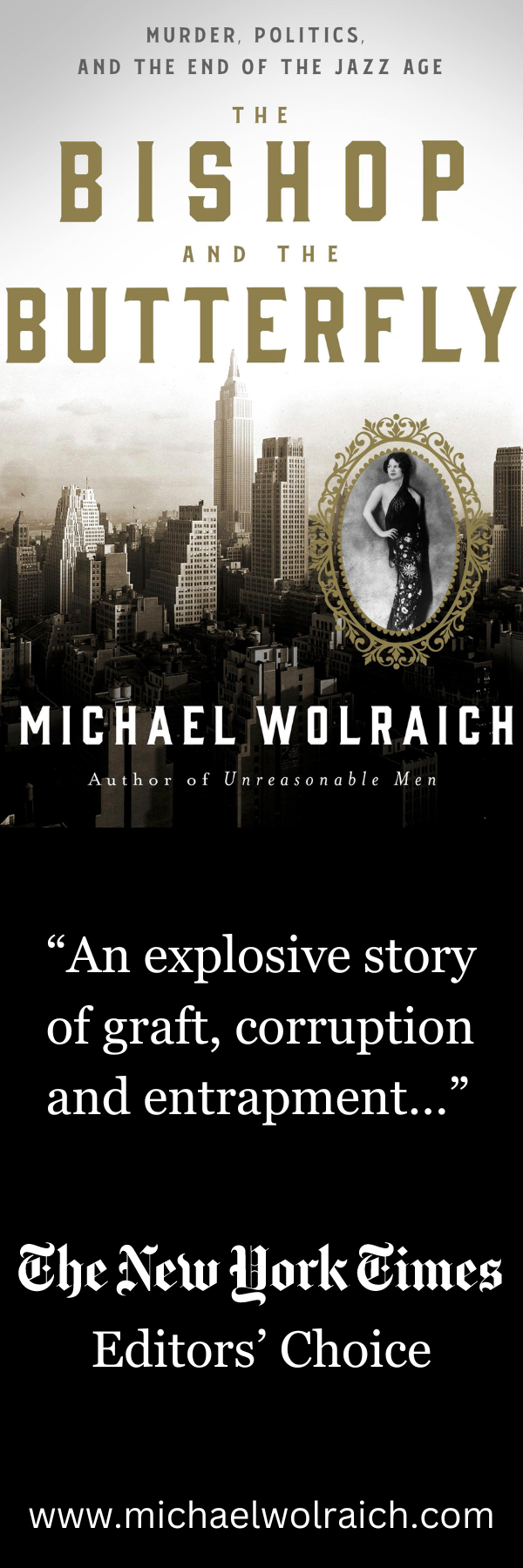By Victor Luckerson @ NewYorker.com, March 1
The Vernon African Methodist Episcopal Church is one of Tulsa’s smallest congregations, attracting only about seventy-five members on a good Sunday. The three-story, red brick building, which appears stately from a distance, reveals its age on closer inspection. The white paint on its windowsills is chipped nearly bare, the plaster walls that line its main hall are cracked, and its clouded stained-glass windows rattle when a semi trundles across the interstate overpass next door. This is not a typical place of respite for billionaires. But Presidential candidate Michael Bloomberg, who will be on the ballot for the first time in Oklahoma and thirteen other states on Tuesday, stood in the Vernon pulpit on the last Sunday in January and spoke about the economic legacy of racism.
Campaigning the day before Martin Luther King, Jr., Day, Bloomberg had chosen a potent symbol of black history. Vernon AME’s neighborhood, the Greenwood district, was a thriving enclave of black-owned businesses in the early twentieth century that came to be known as Black Wall Street. In 1921 it was burned down in a brutal act of terrorist violence by members of Tulsa’s white community [....]



